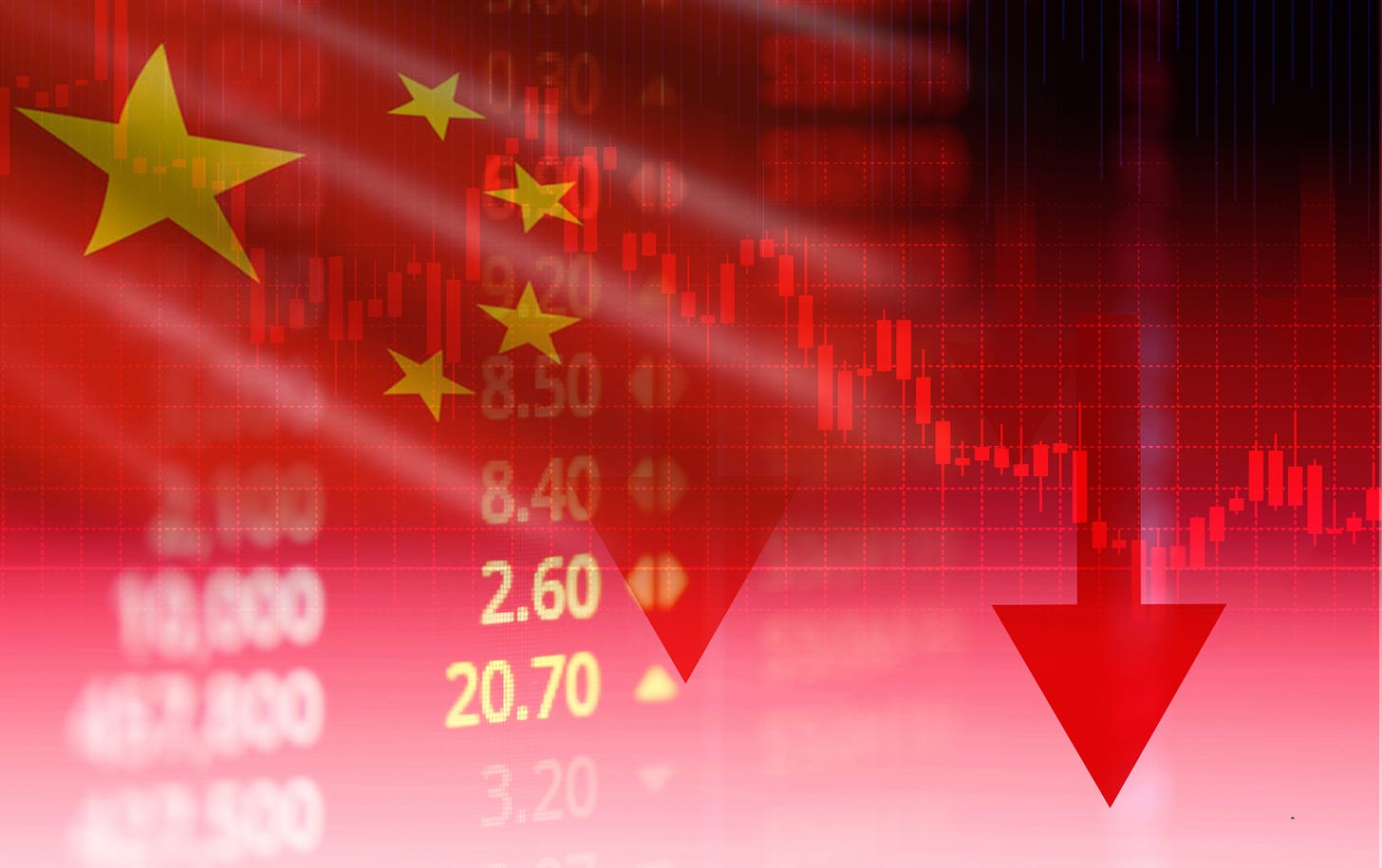Tesla Posts Shocking 49% China Sales Drop, Stock Reels
Automaker Shrinking Fast in Every Major Market
Another one bites the dust. According to a report released Tuesday, Tesla (TSLA) sales have skidded in yet another major market as China vehicle deliveries unexpectedly collapsed by 49% in February compared to a year earlier. The stock was down 4.43% on the news.
The abysmal numbers out of China come on the heels of nearly identical sales declines in Europe and hints of similar falls in North America.
But China is different. China was supposed to be Tesla’s fortress - a major market insulated from the reputational carnage Musk has been causing in Europe and North America. China’s political system diverges so strongly from those in the West - the argument went - that Musk’s deeply unpopular embrace of far-right politics simply won’t translate to a Chinese context. And by the same token, China’s information economy is so restricted, negative information about Musk and his political activities was unlikely to reach Chinese consumers.
Perhaps. But direct consumer knowledge and comprehension of Musk’s political activities in the West may not be necessary to harm Tesla’s brand in China. Chinese auto buyers may simply be noticing that Germans and Americans are no longer buying Teslas, and that perception may dampen the brand’s aspirational value. The company’s sales declines may have less to do with directly rejecting Musk and more to do with the fact that Tesla’s desirability in China is inseparably linked to demand in wealthier markets.
Bring Your Own Demise
A much larger problem for Tesla, however, is the intense competition from domestic Chinese automakers. The most notable is market leader BYD, which is fast eclipsing Tesla as the most prominent EV maker in the world.
The two companies have vastly different strategies. BYD offers a large number of models, each of which it sells in moderate volumes. Tesla, on the other hand, sells a relatively small number of models in higher volumes.
Such a setup has worked relatively well for Tesla in the United States, where the market is dominated by trucks and crossovers with just a few basic form factors. But BYD’s approach of flooding the market with every conceivable type of automobile seems to be outperforming in China’s much larger and more diverse market.
Tesla’s extremely slow pace has also worked against the company. BYD model cycles are measured in months. Tesla’s are measured in years - or in some cases (Tesla Roadster) decades.
All of these trends mean Tesla was in trouble before Musk began dabbling in far-right politics and consequently dragging the company’s brand into the dumpster. BYD captured 31.4% of China’s EV market in 2024, compared to Tesla’s paltry 5.9%, which was good enough for third place behind both BYD and Wuling. A number of other nimble and innovative Chinese competitors are also rising and look ready to bury Tesla further in the rankings.
The Art of Tariffs
As awful as Tesla’s sales are now - the gravest threat to its China fortunes may be yet to come. Elon Musk has formed a strong political alliance with United States President Donald Trump, who has in turn initiated trade wars against most of the U.S.’s major trading partners, including China.
Lawmakers in Canada and Europe have already called for Tesla to be specifically targeted in retaliation to Trump’s economically-illiterate tariff policies. Is there any good reason to think China won’t be next?
When Tesla entered the Chinese market in 2020, it represented the pinnacle of innovation in the auto industry. China, for its part, was a relative backwater and needed Tesla’s technology and brand caché to stimulate sales of EVs. But just five years later the reverse is true. Innovation in the electric vehicle market is now led by China and its domestic manufacturers. Meanwhile, Tesla is behind technologically and desperately needs China’s market to offset falling sales at home.
Tesla in 2025 is completely unnecessary to China’s ambitions to electrify its light vehicle fleet or build an export-oriented EV industry. Elon Musk and his company are entirely expendable. The Chinese authorities can zero out its sales in the country at any moment at virtually no cost to themselves. And in the midst of a trade war led by Elon Musk’s best friend - they just might do it.



